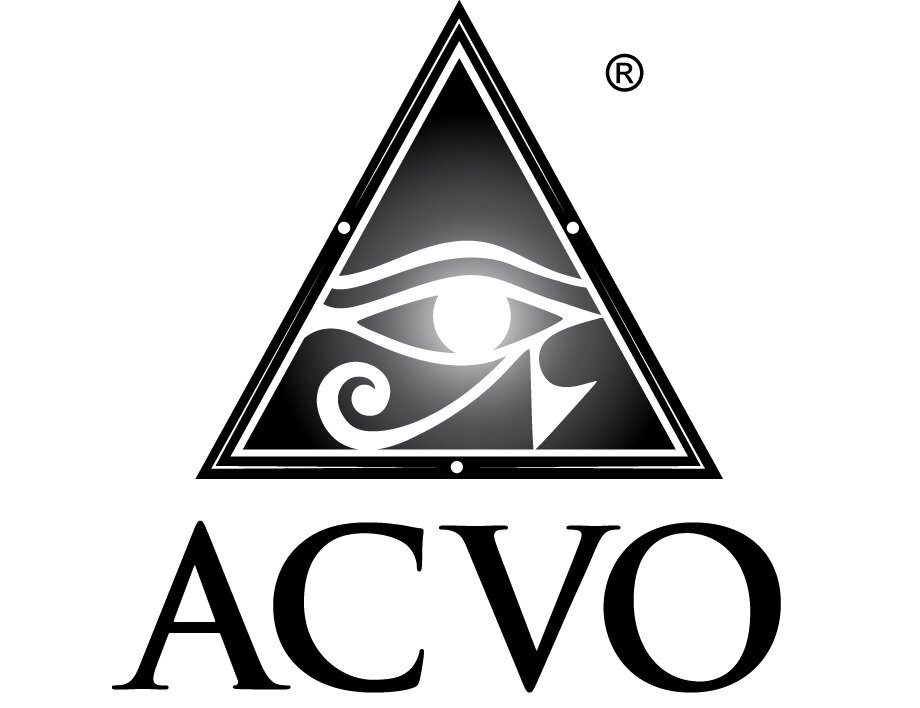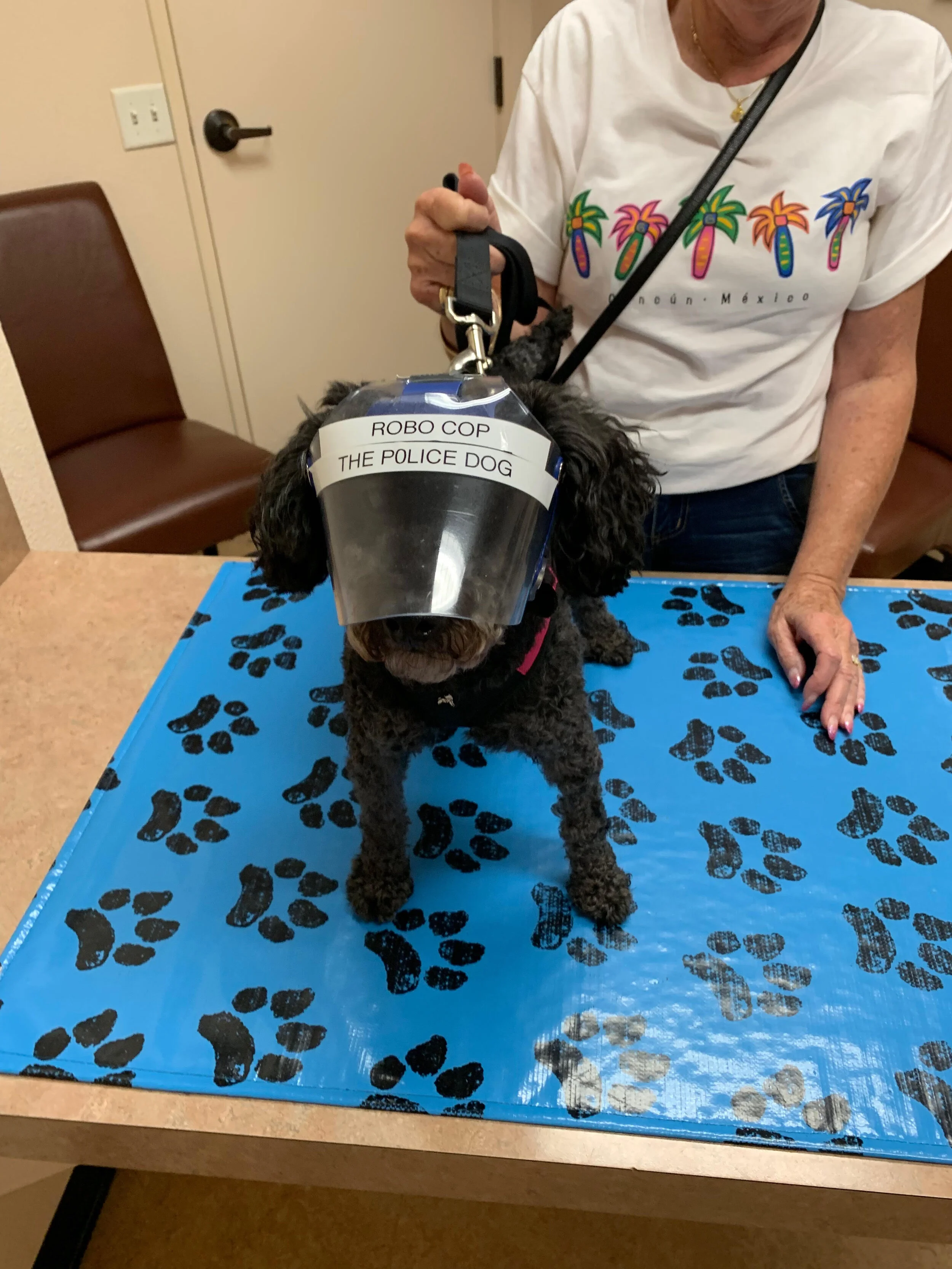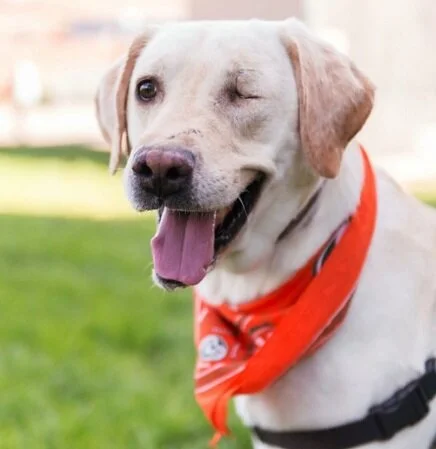Giving medications to your pet by mouth is almost never enjoyable, and almost always requires a significant amount of effort. However, there are many tips and tricks for making this a process that you can both survive!
Read MoreHorses are fascinating creatures! They are beautiful, majestic, energetic, and quite curious! Their eyes are very large compared to other mammals and continuously exposed to environmental irritants and pathogens. Also, they are laterally located to have a wide visual field against predators (don't play "hide and seek" with a horse – he will find you!). Those characteristics, plus the curious nature and temperament of horses, put them at risk of eye injuries.
Read MoreJust like human beings, animals experience many different changes within the tissues of the eye that can affect comfort and vision as aging progresses. Routine ophthalmic examinations with a veterinary ophthalmologist as part of a senior wellness program are helpful in identifying age-related changes in animals over approximately six years of age.
Read MoreToo much of a good thing can become a bad thing; cells of the body with the highest need for oxygen also demand exquisitely balanced oxidative stress, or they can self-destruct. The eye and brain have evolved to use high levels of oxygen without being destroyed by oxygen, which requires exquisitely orchestrated and balanced oxidative stress.
Read MoreWe see with our brains; eyes are simply the collectors of light, "packaging" and sending it to the brain, where the light signals are decoded and turned into vision. However, while light is essential for vision, it can also act as a dark force to destroy vision because of the toxic nature of light.
Read MoreA Crucial Part of the Veterinary Ophthalmology Care Team—Veterinary Ophthalmology Technicians and the rise of Ophthalmology Technician Specialists
Read MoreDr. Jeffrey Bowersox, DVM, DACVO answers some frequently asked questions about pets' vision; such as, "Do dogs only see in black and white?" and "Is it true that my dog can see better in the dark than I can?".
Read MoreWhat to do when you notice something is wrong with your horse’s eye? At the first signs of ocular discomfort (such as eyelashes pointing downwards, mild tearing, redness, and squinting), you should contact your veterinarian. Not in a week, but as soon as possible, since some conditions may rapidly deteriorate. Your veterinarian may then determine if an evaluation with a board-certified ophthalmologist is recommended or not.
Read MoreThe cornea is the transparent structure that makes up the surface of our eye. The cornea is prone to injury in animals and damage to the cornea is a common reason for evaluation by a veterinary ophthalmologist.
Read MoreIt is spring. The beautiful flowers are releasing their pollen. You notice your beloved dog's eyes are red, tearing, and he is rubbing his face on the side of the couch. Could your dog be suffering from seasonal allergies?
Read MoreThe lens is a three-dimensional semi-spherical structure positioned behind the iris within the eye. A cataract is a true opacity of the lens. Cataracts can more significantly affect vision depending on how much of the lens is affected by the cataract development. Learn more about the function of the eye lens and how to tell if your dog has a cataract.
Read MoreIt can be difficult to determine if your pet’s eye is a source of pain or discomfort. Most of our pets are stoic and do not vocalize or complain when they are in pain. They often will continue to eat, drink, ask to go on walks and even play when they are uncomfortable. Consequently, a painful eye can be easily missed and a potentially treatable disease may progress, resulting in irreversible vision loss. To prevent this from happening to your pet, become familiar with the common signs of a painful eye.
Read MoreAn Elizabethan collar is called many things. A Buster collar. An E-collar. A lamp shade. A cone. But at some point, this conically shaped device used in veterinary medicine to prevent self-trauma, was bestowed the unfortunate nickname, “the cone of shame.”
Read MoreThere are several conditions of the eyes, which can be painful or blinding. Although the goal of a veterinary ophthalmologist is to try to save eyes and vision, wherever possible, sometimes removal of an eye (enucleation) is necessary.
Read MoreIf your pet has been referred to see a veterinary ophthalmologist, you may be wondering what to expect at your first appointment. While the actual appointment may vary from doctor to doctor, there are several ocular tests, which are commonly performed at an initial appointment.
Read MoreIf your pet has been prescribed topical eye medications, you may be wondering how you will administer them! Owner and pet compliance to the treatment regimen can be key to success, so hopefully these tips for using ocular medications will be helpful.
Read MoreSudden acquired retinal degeneration syndrome (SARDS) affects middle aged dogs of many breeds, but Dachshunds, Pugs, Miniature Schnauzers and other dog breeds are commonly affected. Dogs often have additional signs (hunger, thirst, weight gain). The disease has been described for over 2 decades, but veterinary ophthalmologists are still somewhat “in the dark” about this disease.
Read MoreSo, you want to be a veterinary ophthalmologist? Of course you do, it’s the best job on the planet earth! Who wouldn’t want to be a veterinary ophthalmologist? After all, you get to help a variety of animals, their associated owners, practice at the highest level of veterinary medicine, help animals maintain vision, improve their comfort, and you get to perform eye saving procedures and help blind animals see again! So what does it take to get there?
Read MoreDr. Jeff Studer, DACVO, tells us about his journey to his current position and how ophthalmology paved the way for him.
Read MoreEven with the best ophthalmic care, there are several conditions that can to lead to permanent blindness in your pet. If the cause for blindness is limited to the eyes and your pet is otherwise healthy, blind pets can adapt well and lead a rather normal life.
Read More




















